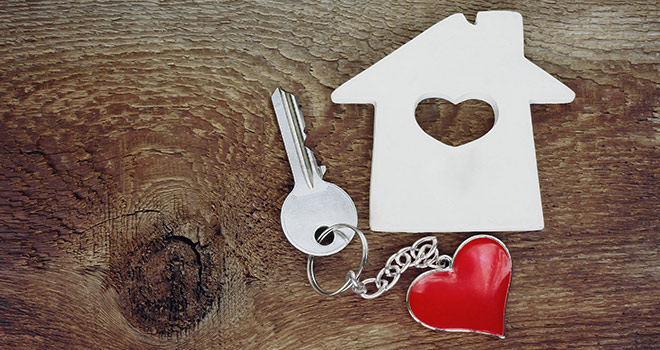The Difference Between Personal Property and Real Property
What is property? In the simplest of definitions, property is anything that can be legally owned. In legal terms, property is considered either Personal Property or Real Property. Under the law, each type of property is treated differently.

Personal Property
Personal property is movable property. Because personal property can be anything that is subject to ownership (except land), it is a large category that is broken down into two smaller categories: chattels and intangibles.
Chattels include all kinds of personal property that are tangible, meaning they can be felt or touched. Examples of tangibles are:
- Cars
- Furniture
- Tools
- Books
Personal property that can’t be felt or touched is called an intangible item. Intangibles are legal rights that may represent value but are not material “things.” Examples of intangibles are:
- Bank accounts
- Licenses
- Insurance policies
- Stocks, bonds, 401(k)s, IRAs
- Intellectual property (patents, trademarks, copyrights)
- Money is sometimes considered intangible
Personal property may have a formal title representing and reflecting your ownership, such as a title for motor vehicles, boats, motor homes, travel trailers, etc. However, most household goods will not have a title; rather, there will be a receipt or bill of sale for the purchase of household items.
Real Property
Real property is immovable property. It is associated with real estate because real property refers to land and anything that is attached, built on, growing on, or affixed to the land. Real property has a formal title that represents and reflects your ownership. The title ownership may be in the form of a deed or title. Examples of real property are:
- Land
- Buildings and houses
- Fixtures
- Plants, trees and crops
- Minerals
- Gases and oil
When preparing your end-of-life plan, what you don’t know about property can cost the people you care about a lot of money. Understanding the difference between real property and personal property and how each should be handled can maximize the value that’s transferred to your loved ones and can help minimize taxes.
As you’re thinking about a plan for your own property, feel free to check out our advice on choosing an estate planning attorney. You can also read about what happens to debt and mortgages after you’re gone.
And you can always read more about personal assets and end-of-life planning in our planning center.